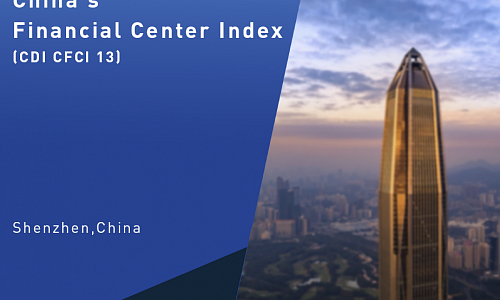
Author: Liu Guohong, Director of Department of Finance Industry
Editor’s Note: COVID-19, ran rampant during China’s Spring Festival. Currently, as the epidemic has been gradually brought under control and remains stable, we need to be alerted to inappropriate response by government departments at different levels, such as frequently rolling out economic policies or extending them to an undue degree, as they may lead to elevated local debt levels, inflation and even economic stagflation. Policies aimed to deal with the epidemic should stabilize market expectations and maintain market ecology, and not swing from side to side. It is important to reinvigorate the market and protect its fundamental mechanisms from harm, instead of taking over everything.
From the demand side, the epidemic coincides with the Spring Festival holiday. Consumption including catering, accommodation, tourism and entertainment has almost dried up. By far, we still cannot estimate how long consumption will remain stagnant, as this depends on the duration of the epidemic. The current complexities in international economy and trade make it difficult to rely on external market for rapid compensation of demand.
From the supply side, the lockdown of cities and roads and the suspension of work in response to the epidemic have resulted in a large number of stranded workers, short supply of production materials and shrinking sales of enterprises, threatening the survival of many small, medium and micro enterprises, while further impelling the shift of the global supply chain out of China since the onset of Sino-U.S. trade frictions in 2018. As they help businesses survive and address human resource issues, government departments shall also closely watch for the potential de-linking of domestic and global sectors, including economy and trade, science and technology and other fields of international exchanges, as well as the resulting cyclical collapse of profit-making capacity.
Given the huge and complicated impact of COVID-19 on the economy, the society expects strong stimulus from the government. However, China’s current debt rate is already elevated, withinflation rate approaching a ten-year high, squeezing the space for fiscal and monetary policies. No government in the world has ever managed to rely on strong stimulus policies to achieve sustainable economic development.
In face of the huge impact of the epidemic, what is most needed is common sense and a rational response with targeted, forward-looking and substantive policies:
- Adhere to stable money supply and respond to inflation expectations in advance; guard against increasingly visible potential inflation expectations that may be caused by the epidemic, ensure proper quantity of money supply with good rhythm, maintain reasonable and sufficient liquidity, and keep market interest rates at proper levels, in a bid to create a stable and predictable monetary and financial environment for both epidemic control and production resumption.
- Lower the statutory deposit reserve ratio in an orderly fashion, release more low-cost funds, reduce the capital cost of financial institutions and improve their balance sheets. Financial institutions will need to deliver reduced capital cost to the real economy and provide feedback on market capitalto regulatory authorities.
- Deepen supply-side financial reform, further open up the financial sector, accelerate market-oriented development of financial institutions, and make financial institutions more sensitive to interest rate, monetary policy signals, market opportunities and economic conditions.
- Priority should be given to ensuring special emergency assistance to directly deal with the impact of the epidemic; ensure that enterprises and industries could safely survive the period of stagnation during the epidemic.
- Increase the scale of special bonds issued by local governments and promote the marketization and transparency of local bonds; moderately expand the scale of special bonds of local governments, strengthen the information disclosure of local bonds, and lower the threshold for local bond investment with improved protection mechanism for investors; encourage and guide local governments to issue bonds in a reasonable way based on market feedback, and improve the quality of investment for post-epidemic economic revival.
- Give full play to the role of professional financial institutions, and capitalize on existing special funds to identify creative investment opportunities engendered by the epidemic, and provide support in a safe and efficient manner.
- Local governments should reasonably introduce economic policies according to the epidemic situation and their own fiscal and taxation realities;they should not blindly subsidize or issue debts in order to overtake competitors, nor should they interfere with market price signals in any irresponsible way or force non-governmental investment out of market.
At present, what is urgently required in dealing with the COVID-19 epidemic is to adopt reasonable and stable policies, mobilize individual wisdom, stimulate market power, and build a more reliable global innovation chain, industrial chain and value chain.








